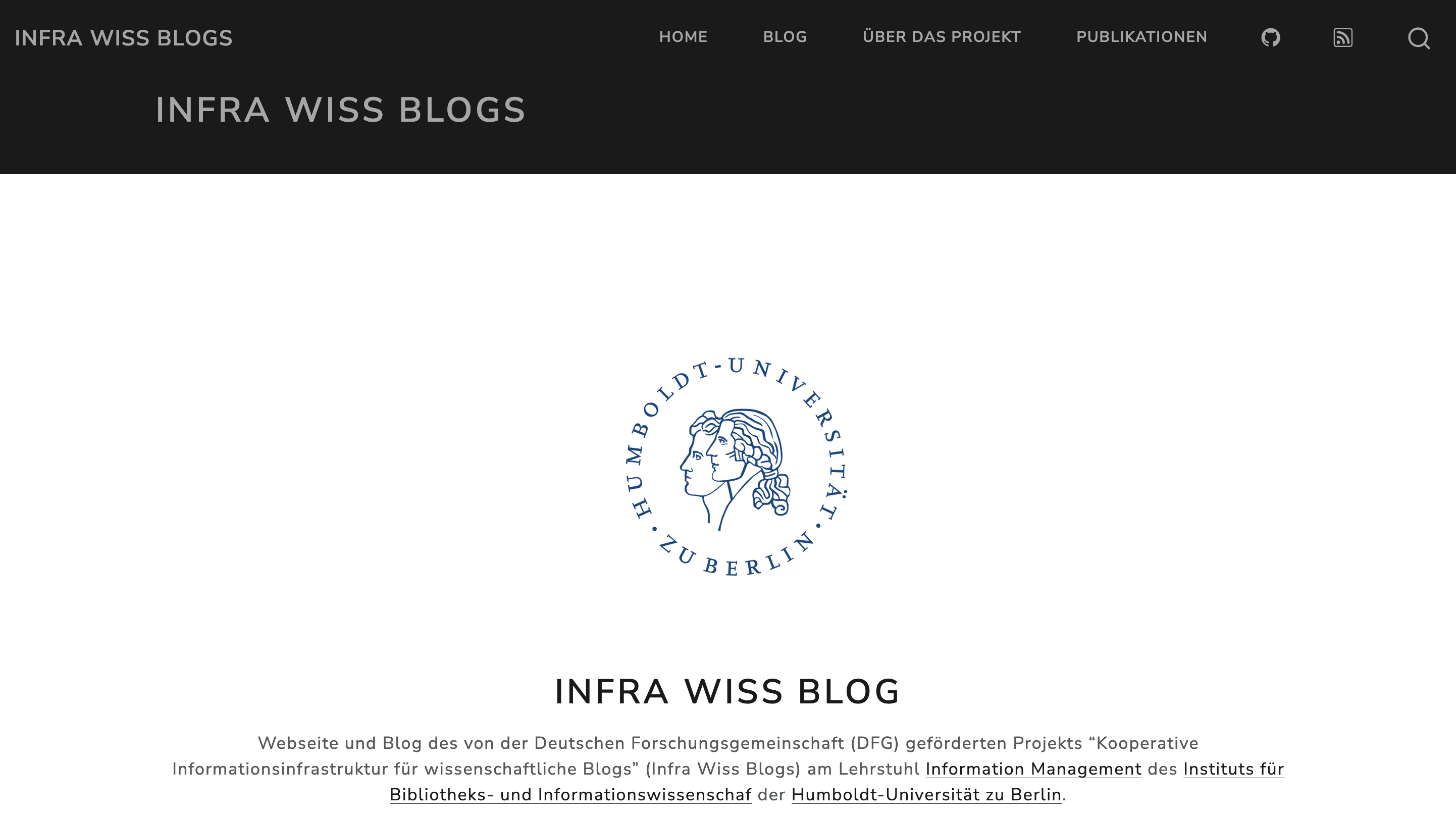When I wrote about Nobel prizes a little while back, I did not expect to return to the subject.
Postagens de Rogue Scholar

Key Takeaways: The 2024 Nobel Prize in Physics was awarded to Geoffrey Hinton and John Hopfield for their pioneering work on artificial neural networks, which laid the foundation for modern deep learning. The 2024 Nobel Prize in Chemistry went to David Baker, Demis Hassabis, and John Jumper for using AI to predict and design protein structures, revolutionizing our understanding of these crucial biological molecules.
The Times Higher Education (THE) World University Rankings 2025, published today, includes 12 Dutch universities, of which five are ranked in the top 100 worldwide. One prominent Dutch university, Utrecht University, is not included in the ranking. Last year this university decided to discontinue submitting data to the THE World University Rankings.
The release of the first Open Edition of the CWTS Leiden Ranking in January this year triggered an overwhelming response. It was covered by various news media, including Research Professional, AEF info, and TheMetaNews, and was endorsed by important stakeholders such as the International Science Council, the French Committee for Open Science, and the National Agency for Research and Development in Chile.

As part of the Infra Wiss Blogs (Pampel and Rothfritz 2024) project, we are organizing a first networking workshop for blogging researchers and employees from infrastructure facilities on 06.12.2024. The aim is to share initial experiences of the various stakeholders and promote their exchange. We will also present the initial results of our survey of German science blogs. When? Wednesday, 06.12.2024, 10:30-15:00 Where?
Las leyes de neutralidad durante el proceso penal de José María Carvajal a mediados del siglo XIX Productoras: Fausta Gantús y Alicia Salmerón Realización y música: Arturo Torres Salmerón Diseño de imagen: Rodrigo Salmerón La audiohistoria presenta un tema sobre las dificultades que encararon los gobiernos de México y Estados Unidos para enjuiciar a José María Carvajal, después de una rebelión armada fronteriza, a mediados del siglo XIX.
This is reposted from the original at https://blog.stephenturner.us/p/use-nanoparquet-instead-of-readr-csv.Parquet is interoperable between Python and R, fast to read+write, works well with databases, and stores complex data types (e.g., tibble listcols). Use it instead of CSV. Many pros, few (no?) cons. Yesterday I wrote about base R vs. dplyr vs. duckdb for a simple summary analysis.

In the rapidly evolving landscape of research, the importance of high-quality metadata and persistent identifiers (PIDs) cannot be overstated. PIDs and metadata are the connective tissue that binds together diverse research outputs, enabling discovery, accessibility, and reuse. Despite their critical role, the current model for metadata creation and enrichment is fraught with inefficiencies.
How to cite: Page, R. (2024). The Data Citation Corpus revisited https://doi.org/10.59350/wvwva-v7125 TL;DR These are some brief notes on the latest version (v. 2) of the Data Citation Corpus, relased shortly before the Make Data Count Summit 2024, which also included a discussion on the practical uses of the corpus. I downloaded version 2 from Zenodo doi:10.5281/zenodo.13376773.

Yesterday I wrote about base R vs. dplyr vs. duckdb for a simple summary analysis. In that post I simulated 100 million rows of a dataset and wrote to disk as CSV. I then benchmarked how long it took to read in and compute a simple grouped mean. One thing I didn’t do here was separate the time it took to read data into memory (for base R and dplyr) versus computing the actual summary.

Hey there, science enthusiasts and policy wonks! Titus here, and I've got some exciting developments to share about the intersection of artificial intelligence and life sciences.